Just three weeks after Apple launched the new iPhone 5c and 5s, total iPhone Web traffic share attributed to iPhone 5 or newer models is up more than four percentage points to 40.6 percent, highlighting a rapid transition to modern hardware that's the exact opposite of the fragmentation occurring on Android.
Data from Web ad network Chitika tracking the source of mobile web requests in North America indicates what the company called "a "remarkable achievement" and represents a "significant impact on the iPhone ecosystem," with "obvious implications for mobile application and Web developers in terms of compatibility and functionality issues, but also for the technology industry as a whole."
While Apple is already known to have a growing percentage of smartphone sales (via Kantar) and subscribers (via comScore) in North America, the premium route buyers are taking to arrive on iOS is also newsworthy.
While Apple had made its latest iOS 7 software available to devices dating back to the iPhone 4 released in 2010, users are aggressively upgrading in large numbers to Apple's newest hardware. The majority of new iPhones sold last year were iPhone 5. That trend is continuing even faster now that Apple sells two iPhone 5 models, representing an increasing percentage of the iPhone installed base with a high-end model.
Just last month, Chitika saw 36.5 percent of North American iPhone web traffic originating from the iPhone 5. In three weeks, that figure has jumped by more than ten percent. As the trend continues, the firm notes that within a few months, "Apple will have a plurality, and possibly a majority, of its iPhone customer base using a device less than one and a half years old."
The company observed, "Should this occur, it would be a remarkable achievement, especially for an industry player as large as Apple."
Down on Frag'le 'Roid
In stark contrast, Android's growth, primarily through its leading licensee Samsung, was won through shipments of large volumes of low end, budget-priced devices equipped with old versions of Google's OS. Sales of higher end, iPhone-class smartphones, such as the Galaxy S4 and HTC One, have fallen significantly below expectations.
That's perpetuating fragmentation on the Android platform, most obviously in software. Developers have little incentive to take advantage of new features and must write for the lowest common denominator to reach a wide installed base of users, as even relatively new phones often ship with an old OS and rarely get software upgrades.
Analysts have repeatedly voiced expectations that Android's volumes would eventually attract developers' attention away from iOS, but that isn't happening.
However, Android's fragmentation is also rooted in hardware, because low end, volume shipments are distributing outdated devices that are not only unreliable and frustratingly laggy, but also cut corners with weak graphics, slow processors, limited memory and other design shortcuts that make it difficult to develop apps and games that work well across the platform.
Google has acknowledged and pointedly sought to address Android's fragmentation problems for more than two years. Despite those efforts, the ACLU issued a complaint with the FCC this year describing how Android's fragmentation was exposing users to significant privacy risks.
Research firm Flurry also documented how Android's fragmentation makes things difficult for developers, particularly smaller independent programmers seeking to get started.
"This further clarifies why developer support for iOS is disproportionate to iOS's share of the installed device space," wrote the company's Dr. Mary Ellen Gordon. "Developers can reach more active devices by developing for a smaller number of device models on iOS and they can also capture the attention of very active users."
Analysts have repeatedly voiced expectations that Android's volumes would eventually attract developers' attention away from iOS, but that isn't happening due to the market barriers and risks involved with Android's fragmented platform.
A Schmidt-load of failed predictions
Two years ago, Google's chairman Eric Schmidt predicted that within six months, developers would be targeting Android first instead of iOS, and said they would be taking advantage of features in the newly released Android 4.0.
That didn't happen. Instead, two years later just two-thirds of the installed base of active Google Play users are even running a variant of Android 4.0, and few developers are taking any special advantage of its features. Most apps are aimed at running on Android 2.x devices, from the paleolithic era of Apple's iOS 3.0.
Schmidt made similarly hollow predictions about widespread adoption of Google TV and more recently insisted that Android is "more secure than the iPhone," a remark that was met by laughter during a Gartner Symposium earlier this month.
 Daniel Eran Dilger
Daniel Eran Dilger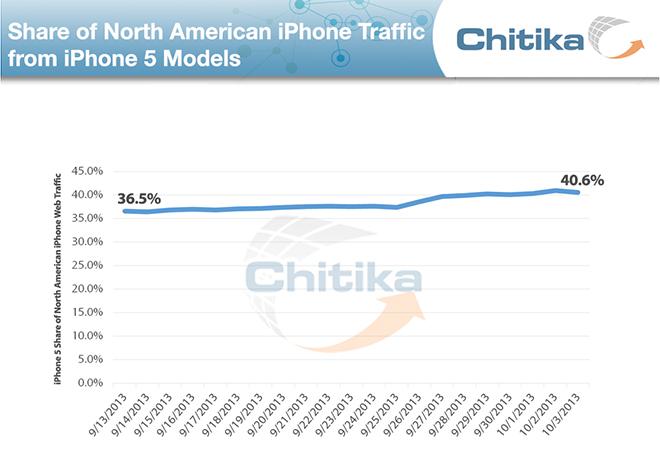
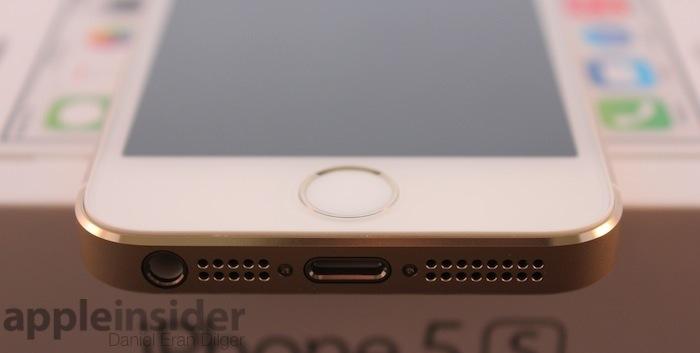
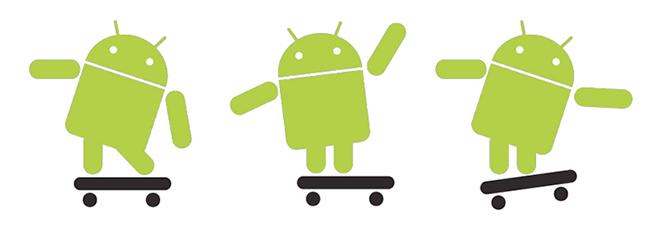

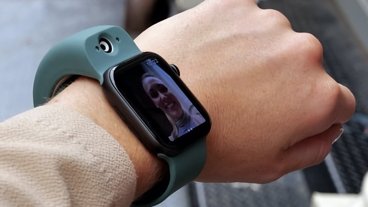


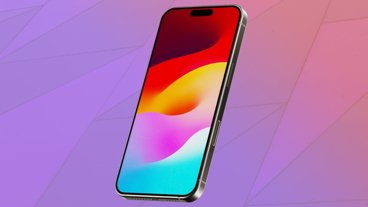


-m.jpg)






 Wesley Hilliard
Wesley Hilliard
 Brian Patterson
Brian Patterson
 Christine McKee
Christine McKee
 Andrew O'Hara
Andrew O'Hara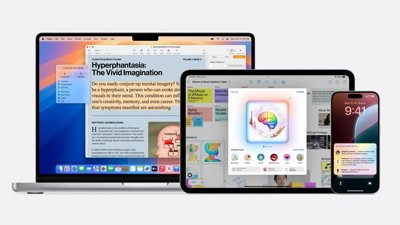
 Malcolm Owen
Malcolm Owen
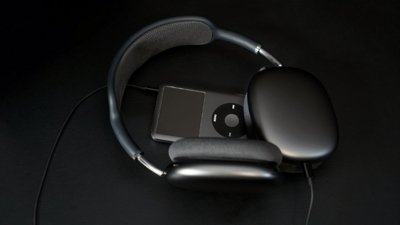
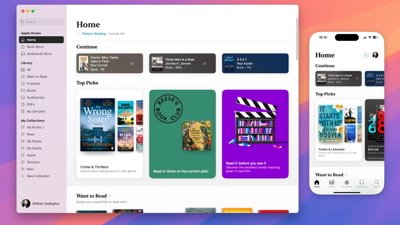
 William Gallagher
William Gallagher







63 Comments
Schmidt just outright lies.. Wouldn't trust him with my breakfast order.
"Schmidt made similarly hollow predictions about widespread adoption of Google TV and more recently insisted that Android is "more secure than the iPhone," a remark that was met by laughter during a Gartner Symposium earlier this month."
Meanwhile, back in Cupertino, Tim Cook's reaction to Schmidt's ridiculous statement....
Schmidt just outright lies.. Wouldn't trust him with my breakfast order.
ROFL>............
Perhaps the increase in traffic is because of people playing with the phones inside the Apple store to surf the web.
WAIT !!
Something is definitely Wrong !!!
Apple can't be Right !!
ALL the Anal-ysts claimed and predicted that Apple NEEDED to make a "cheaper" iPhone.
Then and Only then, would Apple sell gazillions of iPhones.
And until Then, Apple will Only Sell bazillions of iPhones.
Proves to me that the Anal-ysts know NOTHING.